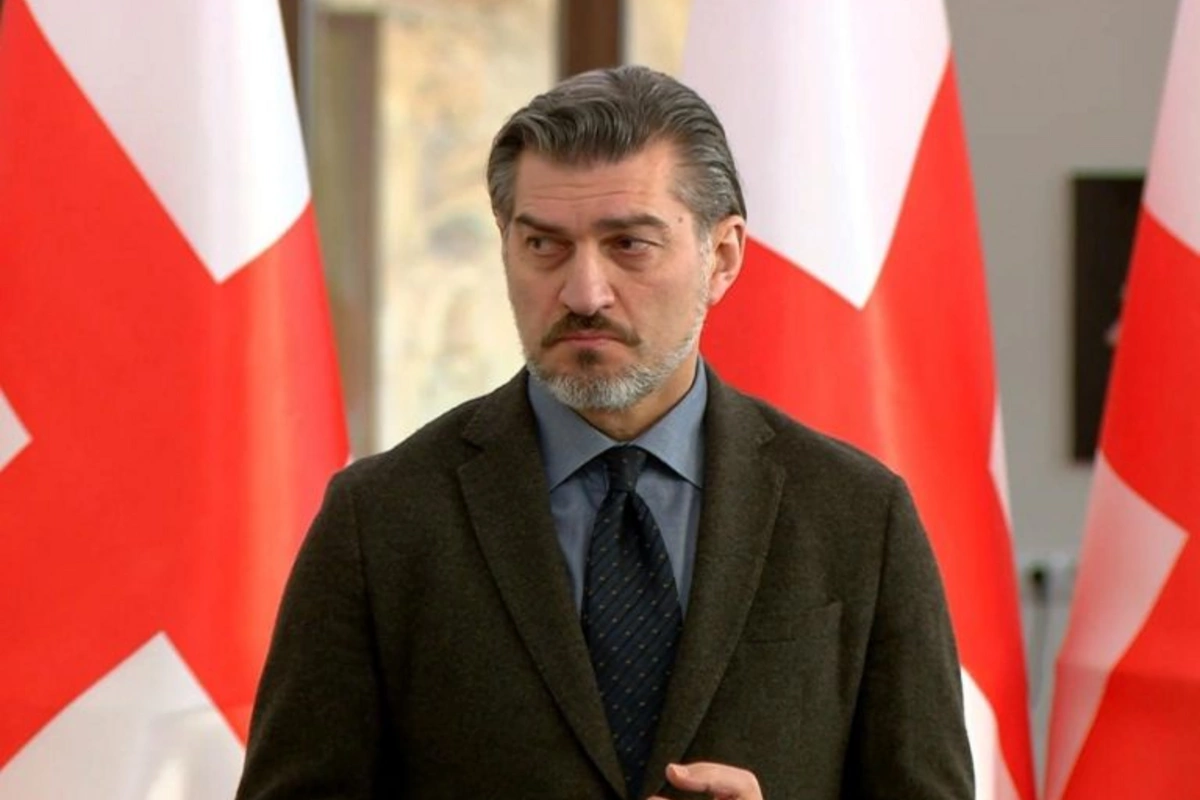
Mikheil Kavelashvili Photo: X
Interview of The Caspian Post with Georgian analyst Gia Kuchava.
By Asif Aydinli
- How do you assess the election of Georgia’s new president, Mikheil Kavelashvili? What changes will his election bring to Georgian politics?
- What do Gaius Julius Caesar, Augustus Germanicus-better known as Caligula-and Bidzina Ivanishvili have in common? And how do Incitatus and Mikheil Kavelashvili compare? Caligula appointed his favorite horse, Incitatus, as a Roman senator, a metaphor for a ruler appointing individuals to high positions who lack the qualifications for them. Many believe that all significant personnel decisions in Georgian politics are made by Bidzina Ivanishvili, the honorary chairman of the Georgian Dream party-whether it involves parliamentarians, ministers, prime ministers, or presidents.
Even before the parliamentary elections on October 26, many, including myself, predicted that the radical opposition, citing election fraud, would refuse to enter parliament, while the People’s Power party would leave the Georgian Dream coalition and move to the opposition. This was confirmed two days before the presidential election when Guram Macharashvili, a leader of People’s Power, announced the party’s withdrawal from the parliamentary majority to form an opposition to Georgian Dream.
However, it is surprising that despite this split, Georgian Dream, holding the majority in the electoral college, voted for the opposition candidate Mikheil Kavelashvili. I believe this is part of a calculated strategy by Prime Minister Irakli Kobakhidze and parliamentary majority leader Mamuka Mdinaradze. People’s Power voices what Georgian Dream cannot openly state. Moreover, this maneuver provides Kobakhidze and Mdinaradze with a contingency plan: they can transition to People’s Power if necessary, thereby maintaining their political influence.
Following Georgian Dream’s victory in the 2012 parliamentary elections, its presidential candidate in 2013, Giorgi Margvelashvili, refused to align with the party’s agenda, creating internal friction. A similar scenario unfolded with Salome Zurabishvili, who, despite being backed by Georgian Dream in the 2018 elections, later disappointed the party.
The election of Mikheil Kavelashvili as president may temporarily halt the confrontation between parliament, the government, and the presidency. However, if tensions arise between Ivanishvili on one side and Kobakhidze and Mdinaradze on the other, People’s Power and the president could create new challenges for the ruling party.
- Recently, French President Emmanuel Macron has shown considerable interest in developments in Georgia, even becoming the first Western leader to contact Georgian Dream founder Bidzina Ivanishvili during the political crisis. Later, Macron addressed the Georgian people, urging political forces to engage in dialogue. In your opinion, what is driving Macron’s interest in Georgian politics?
- There are several factors at play. First, the current Georgian president, Salome Zurabishvili, is the daughter of first-wave political emigrants, was born in France, and served in the French diplomatic corps for nearly 30 years. Additionally, Bidzina Ivanishvili was once a French citizen, and his eldest son still resides in France.
The phone call between Macron and Ivanishvili followed Zurabishvili’s visit to France to attend the reopening of Notre-Dame Cathedral after its five-year restoration. Interpretations of this conversation vary: the ruling party claims Macron supported the parliamentary election results and called on the opposition to engage in dialogue, while the opposition insists Macron demanded new elections.
France’s interest in Georgia, however, extends beyond internal political dynamics. Paris has intensified its eastern policy in recent years, seeking to strengthen energy cooperation with Azerbaijan and Central Asian countries. Moreover, France’s traditional alliance with Armenia underscores its strategic interest in the South Caucasus region.
- Can it be said that the protest wave in Georgia is subsiding?
- The current political situation in Georgia resembles the late 1991 period, when tensions between the government and the opposition led to a civil war, culminating in the ousting of President Zviad Gamsakhurdia. Today, Georgia is once again at the intersection of competing interests from major global powers, including the United States, Russia, the European Union, China, and Iran.
Until the inauguration of the new U.S. president on January 20, tensions are likely to persist, as no side appears ready to compromise. In such a situation, the responsibility for the country’s future lies not only with the ruling party but also with the opposition. If both sides fail to act responsibly, the outcome could be catastrophic for Georgia.
- What is your opinion on recent developments in Abkhazia?
- Historically, Russia has used Abkhazia as a tool to exert pressure on Georgia. Starting in the mid-1950s, during the Soviet era, Moscow consistently supported Abkhaz groups, fueling regional tensions. Today, the situation has escalated further: Russia has suspended financial aid to Abkhazia, demanding the ratification of an “investment agreement,” which led to the resignation of de facto president Aslan Bzhania and protests from the local population.
In Abkhazia, anti-Russian sentiments are growing, driven by Moscow’s attempts to seize control over key regional assets, including the Pitsunda resort. Russia perceives these sentiments as ingratitude, but the Abkhaz people are simply striving to preserve their resources. Even Russian political analysts are beginning to acknowledge the economic roots of this discontent, recognizing that the issue is not about geopolitics but about protecting local interests.
Share on social media